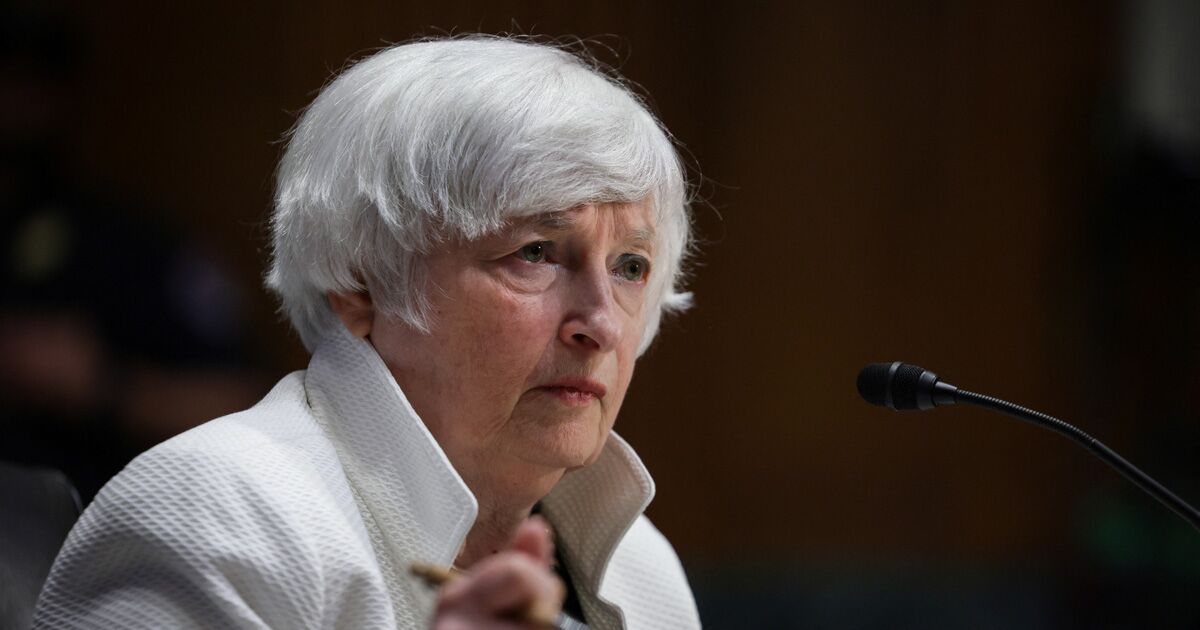“We are currently facing macroeconomic challenges, including unacceptable levels of inflation, as well as complications associated with disruptions caused by the pandemic’s effect on supply chains and the effects of supply-side shocks to oil markets. and food as a result of Russia’s war in Ukraine,” Yellen said.
The official has come under fire from Republicans after admitting she was “wrong” last year about the trajectory of inflation. She has said that the Federal Reserve is primarily responsible for reducing inflation and that she respects the central bank’s independence in setting monetary policy.
“To cushion inflationary pressures without undermining the strength of the labor market, an adequate budget stance is needed to complement the Fed’s monetary policy actions,” he said.
The Biden administration continues to push a scaled-down version of its stalled climate and social spending agenda, which would offer tax credits for clean energy technologies and reform prescription drug prices.
Yellen said Biden’s fiscal 2023 budget proposal, which the hearing focused on, suggests “smart, fiscally responsible investments: cutting the deficit and keeping the economic burden of debt low.”
Spending is financed by higher taxes on businesses and the wealthiest Americans, closing loopholes and improving tax collection.
Yellen also said she is “very focused” on moving forward with a global tax reform agreement among 137 countries, including a 15% global minimum tax.
“I am hopeful that Congress will also implement this global minimum tax as part of its legislative agenda.”
low trade deficit
The US trade deficit shrunk the most in 10 years in April as exports soared to a record, suggesting trade could help economic growth this quarter.
The Commerce Department said on Tuesday the trade deficit shrank 19.1%, the biggest drop since December 2012, to $87.1 billion. Exports of goods and services rose 3.5% to a record high of $252.6 billion.
“The big pullback in the trade deficit in April suggests that net trade will be a big boost to GDP growth in the second quarter,” said Michael Pearce, senior economist at Capital Economics in New York.
A record trade deficit subtracted 3.23 percentage points from Gross Domestic Product in the first quarter, causing GDP to contract at an annualized rate of 1.5% after growing at a solid 6.9% pace in the fourth quarter. Trade has subtracted from GDP for seven consecutive quarters.
Growth estimates for the second quarter come in at an annualized rate of 4.8%.
With information from Reuters

















